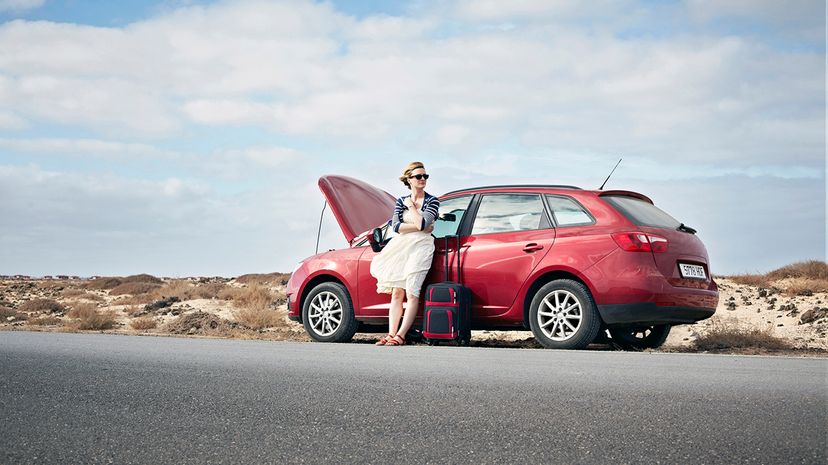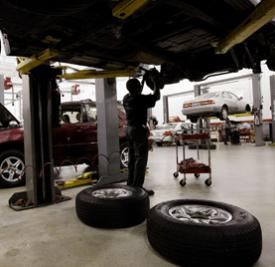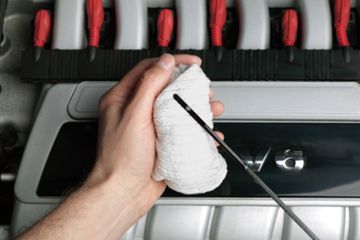
Half the cars on the road today are more than 10 years old. Once your car hits that double digit mark, it is twice as likely to break down on the road and four times as likely to need a tow. These are among statistics released by the American Automobile Association (AAA). They're the people many call when they get a flat tire or need a battery jump.
"It's no surprise that older vehicles are more likely to encounter a serious breakdown, but it is surprising just how many people are at risk," John Nielsen, AAA's managing director of Automotive Engineering and Repair, said in a press statement.
Advertisement
But aside from helping stranded motorists, AAA also gathers and reports data — it received 32 million calls for roadside assistance in 2017 alone, and about 35 percent of those calls resulted in a tow, for instance. The most common issues? Battery problems, engine failure and tire damage.
So if you're one of the 43.6 million planning a trip by car this summer, it's worthwhile to have your mechanic give your car a once over — and focus on these three areas in particular — especially if you're driving a 2011 model or older.
Advertisement

